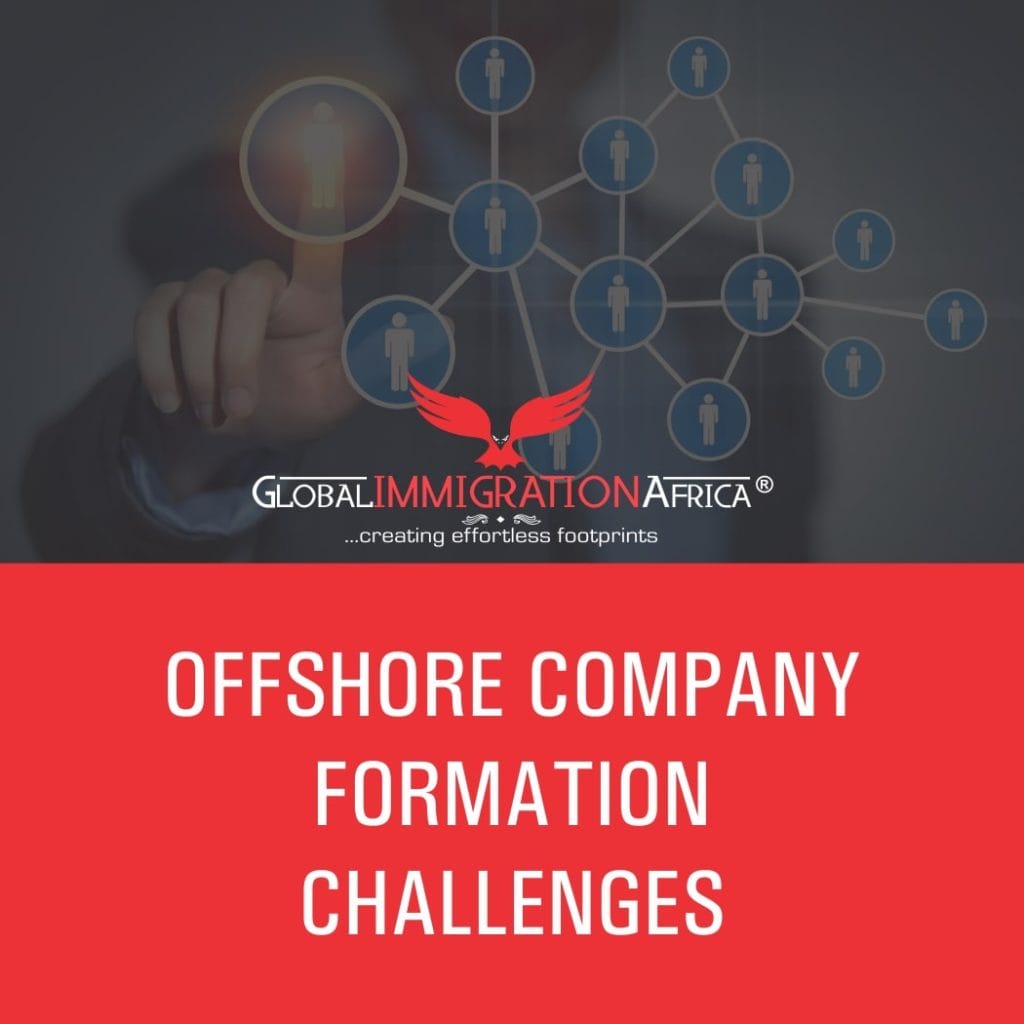Our most frequent visitors are from neighbours in Africa; our migration policies still favour former colonial powers; thousands try for refugee status here but few get it; and business migrants are increasingly coming from China.
The Ministry of Home Affairs has just released the Green Paper on International Migration.
Last week, Home Affairs Minister Malusi Gigaba talked of the importance of migration policy against the background of strains in the EU over immigration issues and the Brexit episode, the ongoing move of migrants from Africa to Europe, and the importance of the money that migrants send home.
“South Africa has become a major source, transit and destination country for mixed-migration flows which need to be managed more robustly if the process is to have clear and tangible benefits for the country in terms of economic development, social cohesion as well as security,” said Gigaba.
“National thinking and attitudes to international migration are currently influenced by an unproductive debate between those who call for stricter immigration controls and those who call for controls to be wholesale relaxed.
“The discourse is in general characterised by strong emotions, stereotypes, unreliable anecdotes and contested statistics,” he added, calling for discussions that would “help us move past these simplistic, inaccurate and unhelpful ways of thinking”.
The 80-page draft policy is available on the Department of Home Affairs website and is open for comment until September 30.
“In the new paradigm, South Africans would see themselves as responsible citizens of South Africa, Africa and the world and support efficient, secure and humane approaches to managing international migration,” according to the green paper.
“The current paradigm exposes South Africa to many kinds of risk in a volatile world, and by default strengthens colonial patterns of labour, production and trade.
“It also serves to perpetuate irregular migration, which in turn leads to unacceptable levels of corruption, human rights abuse and national security risks.”
The green paper updates 17-year-old policy, which is the basis of the law, and argues that while Home Affairs should still lead the management of migration, it should have its capacity substantially boosted and should not be the sole department responsible, as a much broader approach was needed.
More than 15 million foreigners cross South Africa’s borders each year, more than 90 percent of them SADC nationals, says the green paper.
The biggest group applying for work-related visas are from China, followed by Zimbabweans, Indians, Pakistanis and Nigerians.
“Permits data suggests that permanent residency and citizenship are, to a large extent, granted to international migrants with relatively low levels of skills and little capital,” the green paper says, arguing for this to change and scarce skills to be targeted.
South Africa gets about 70 000 applications for asylum a year, but the green paper says more than 90 percent don’t qualify, so there are fewer than 100 000 legally recognised refugees.
Last year, more than 54 000 people were deported, at high cost to South Africa, mostly to Mozambique, Zimbabwe and Lesotho.
Migration experts welcomed the green paper, but said more work was needed.
“The paper does not consider or make any suggestions to change the sluggish and ineffective asylum determination process,” said Southern Africa Litigation Centre director Kaajal Ramjathan-Keogh.
Leon Isaacson, the managing director of Global Migration SA, pointed to the lack of efficiency and corruption among officials as crucial problems which the paper did not address effectively.
“The paper fails to address a major issue: the courts in South Africa have established principles through judgments which are binding on all in society, including the state. It is quite clear that these principles have been ignored and that there is major misalignment in policy formation. If we are to accept the rule of law, we have to accept that the rulings of courts must be adhered to,” said Isaacson.
He said the green paper relied on relationships with African countries similar to those within the EU, but the Brexit vote underlined the risks of such relationships.
David Cote of Lawyers for Human Rights saw the focus on Africa as important and positive.
…
Some of the new thinking
“Externalising the borders” by using technology to screen visitors before they arrive to keep undesirables out and checking arrivals with biometrics.
“The cost of these measures is far lower than that of dealing with threats such as fugitive crime bosses once they have established themselves in South Africa,” says the green paper.
Using long-term multiple-entry visas for legitimate travellers confirmed as low risk, and doing away with visas for AU members’ citizens with countries with reciprocal agreements. But migrants identified as a risk would need visas.
Getting the Border Management Authority under way by March.
Reducing, for cost and security reasons, the existing 71 ports of entry.
Focus on granting visas to migrants with critical skills, and making requirements for starting a business more flexible “as highly skilled professionals and artisans can start SMMEs with relatively little capital and create jobs”.
Encouraging foreign students to use their skills here after graduating, such as by offering them permanent residency or postgraduate visas.
An arrangement for SADC special work visas for economic migrants, similar to the current situation for Zimbabwe and Lesotho, possibly using a quota system. Those already here but undocumented must be regularised.
Overhauling the asylum-seeker system to protect genuine refugees and discourage those abusing the system. This includes setting up asylum-seeker processing centres near borders, where they stay while their status is determined, but also avoiding permanent camps. “These centres should not be considered as contrary to the policy of non-encampment, but as centres for mitigating security risks posed by irregular migration. Only refugees, and not asylum-seekers, will be allowed to integrate into communities,” says the green paper.
Asylum-seekers would no longer have the automatic right to work or study.
Granting citizenship in “exceptional” cases, not routinely.
More-organised efforts to integrate the migrants (including refugees) who stay long term.

